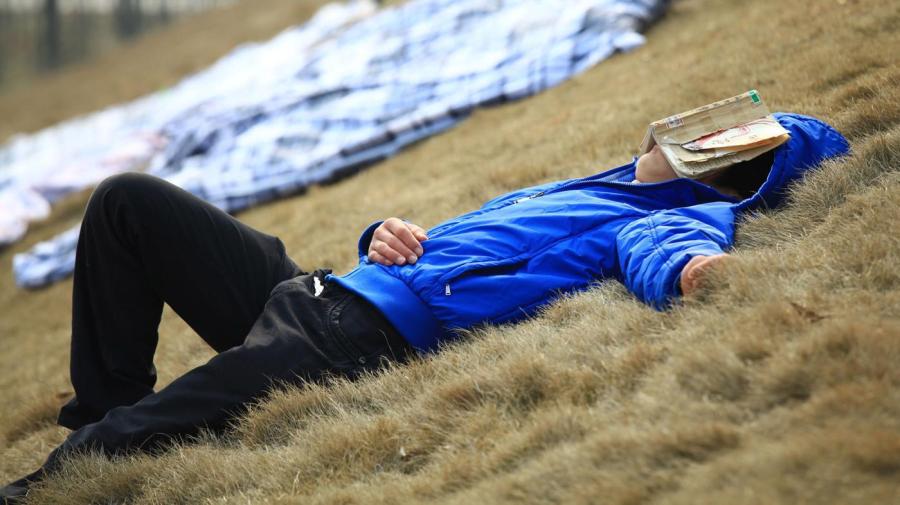What Is the Moral of “Rip Van Winkle”?

The moral of “Rip Van Winkle” is that life passes by with or without a person and that change is inevitable. The story also shows that a person will pay dearly when they try to avoid change; in many ways, Irving is asking his readers to be active participants in their own lives and enjoy each moment.
Washington Irving is the author of “Rip Van Winkle.” He wrote the story and set it in a small Dutch village. He wanted to touch upon the transient nature of the new American communities in the early 1800s.
In the story, Rip meets a shorter, older man with a long grizzly beard and thick hair. This old man is wearing old Dutch clothing and he is holding a keg. Rip helps the old man with his keg and samples from the keg as odd men play nine-pins around them. Rip falls asleep and then awakens. When he awakens, he thinks of how upset his wife will be since he overslept. Rip heads back into town only to discover that 20 years have gone by.
Irving’s story is character driven rather than plot driven and the character of Rip is well developed. It is shared that Rip comes from a noble bloodline, but he does not have much character. He is lazy when it comes to work and loves to drink. He is, however, popular with the children and the neighbors as well as dogs. A major character development point for Rip occurs with the interactions between Rip and his wife, Dame Van Winkle. She is always nagging Rip.





